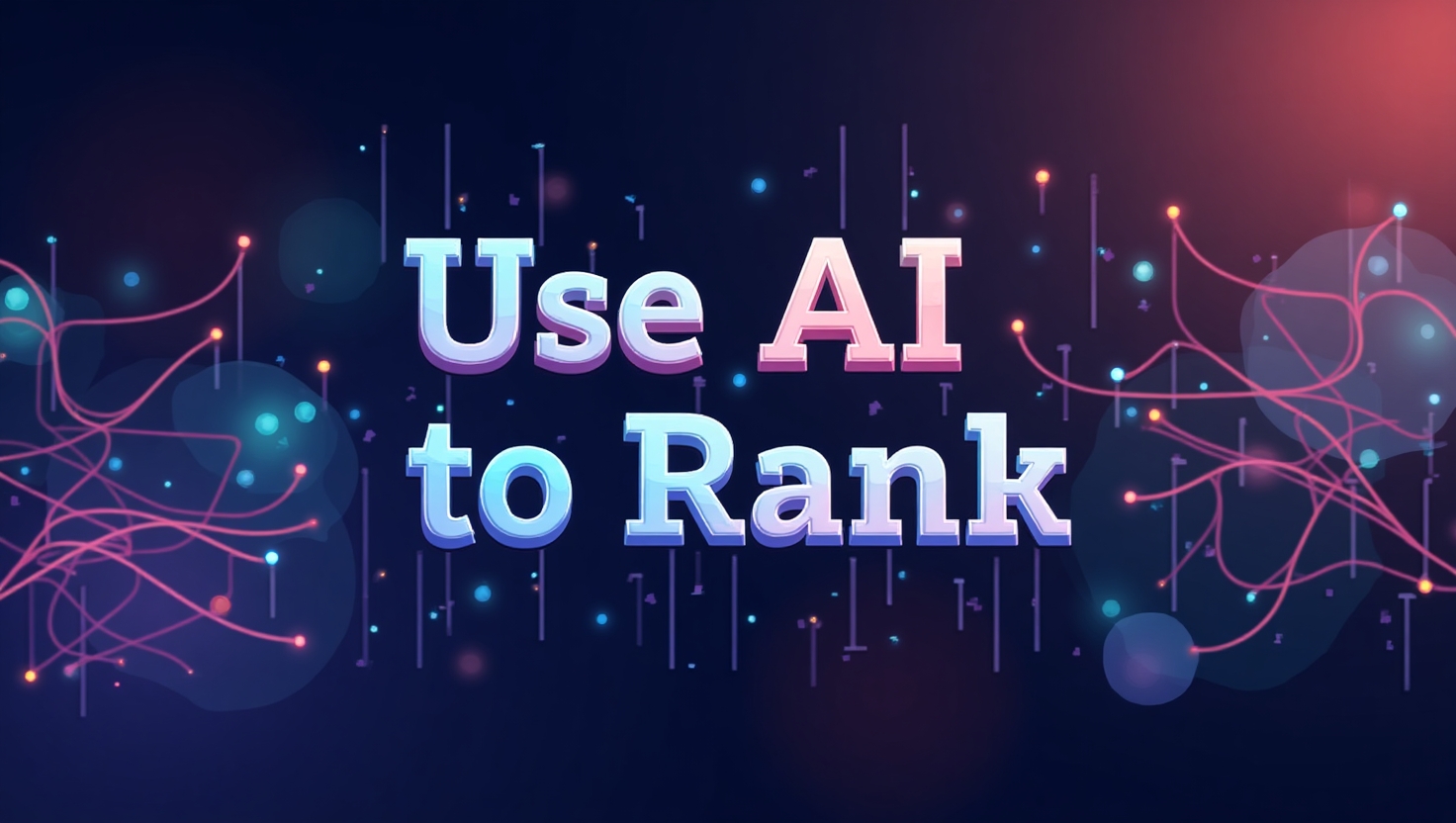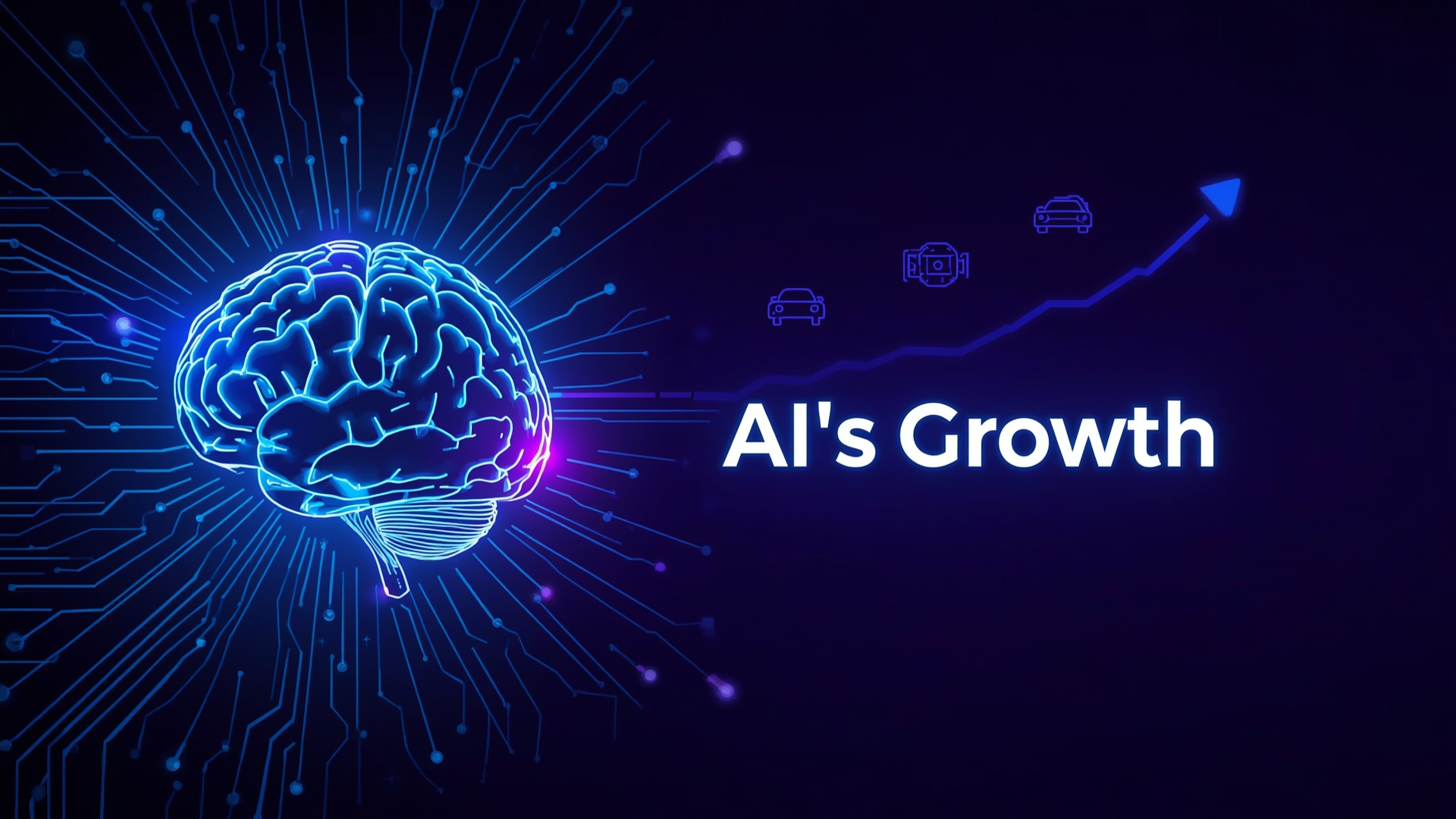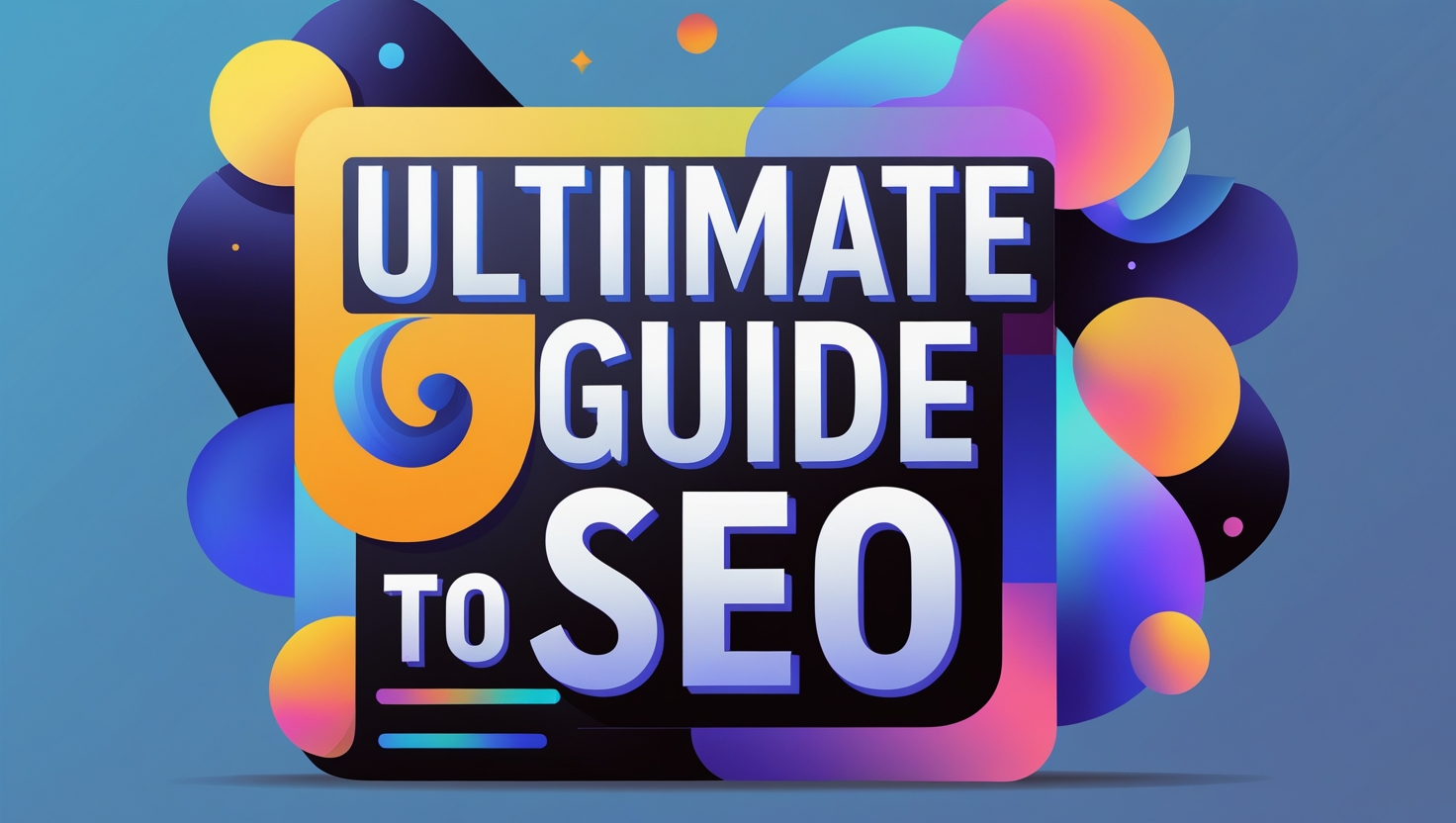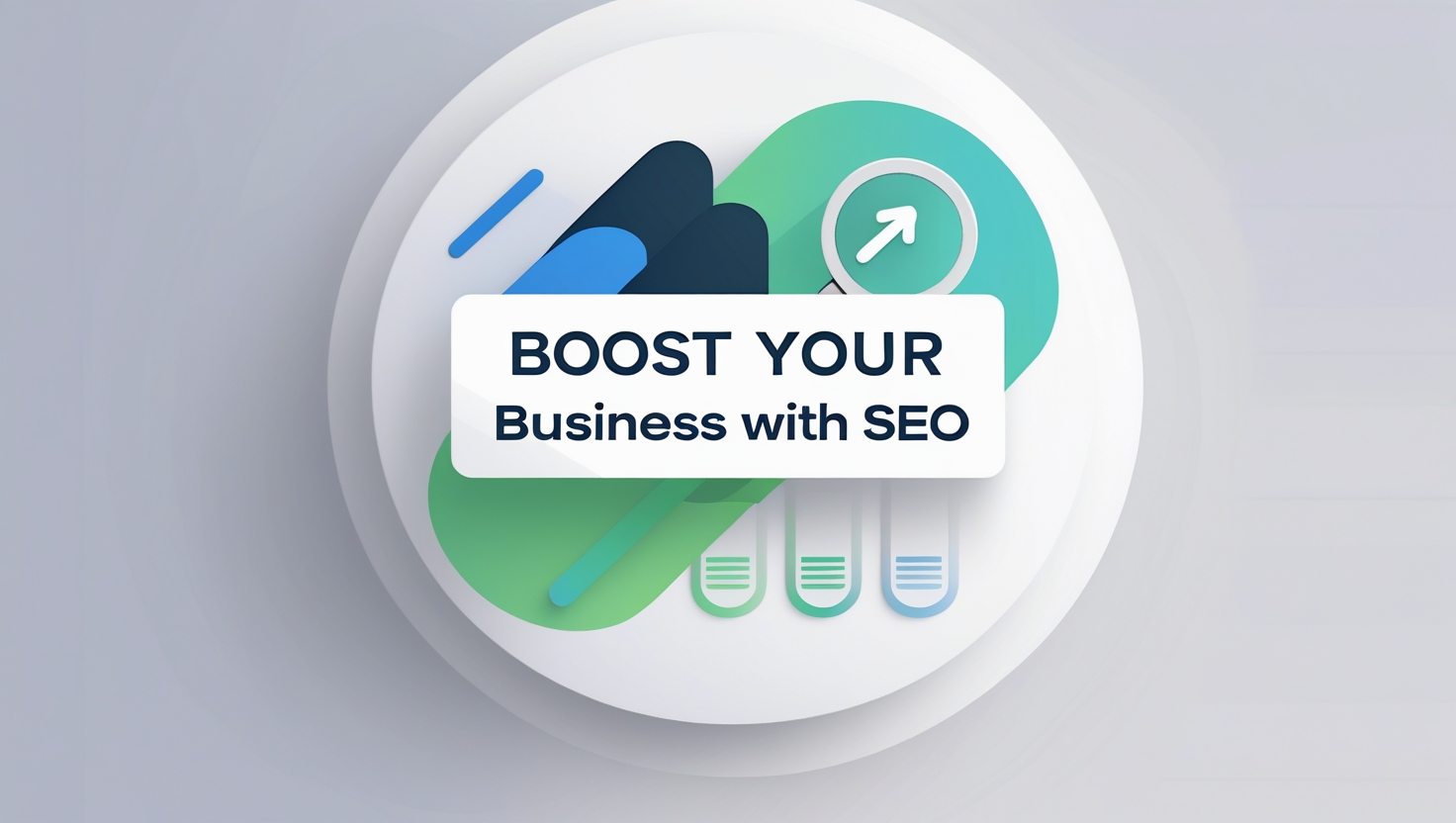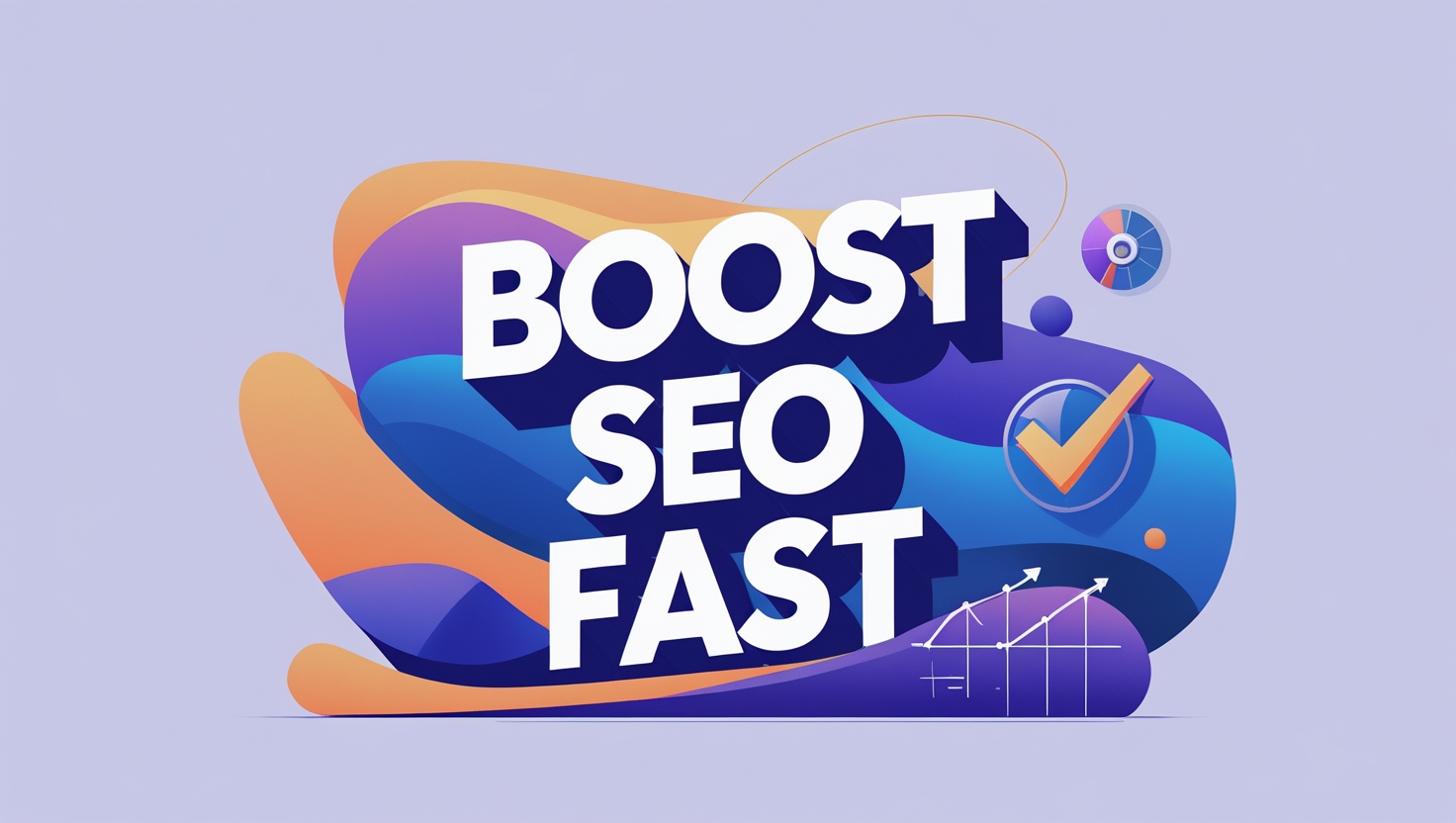17 | Jan
Clevpro
17 Jan, 2025
AI vs. Human Jobs: Who Will Win the Battle?
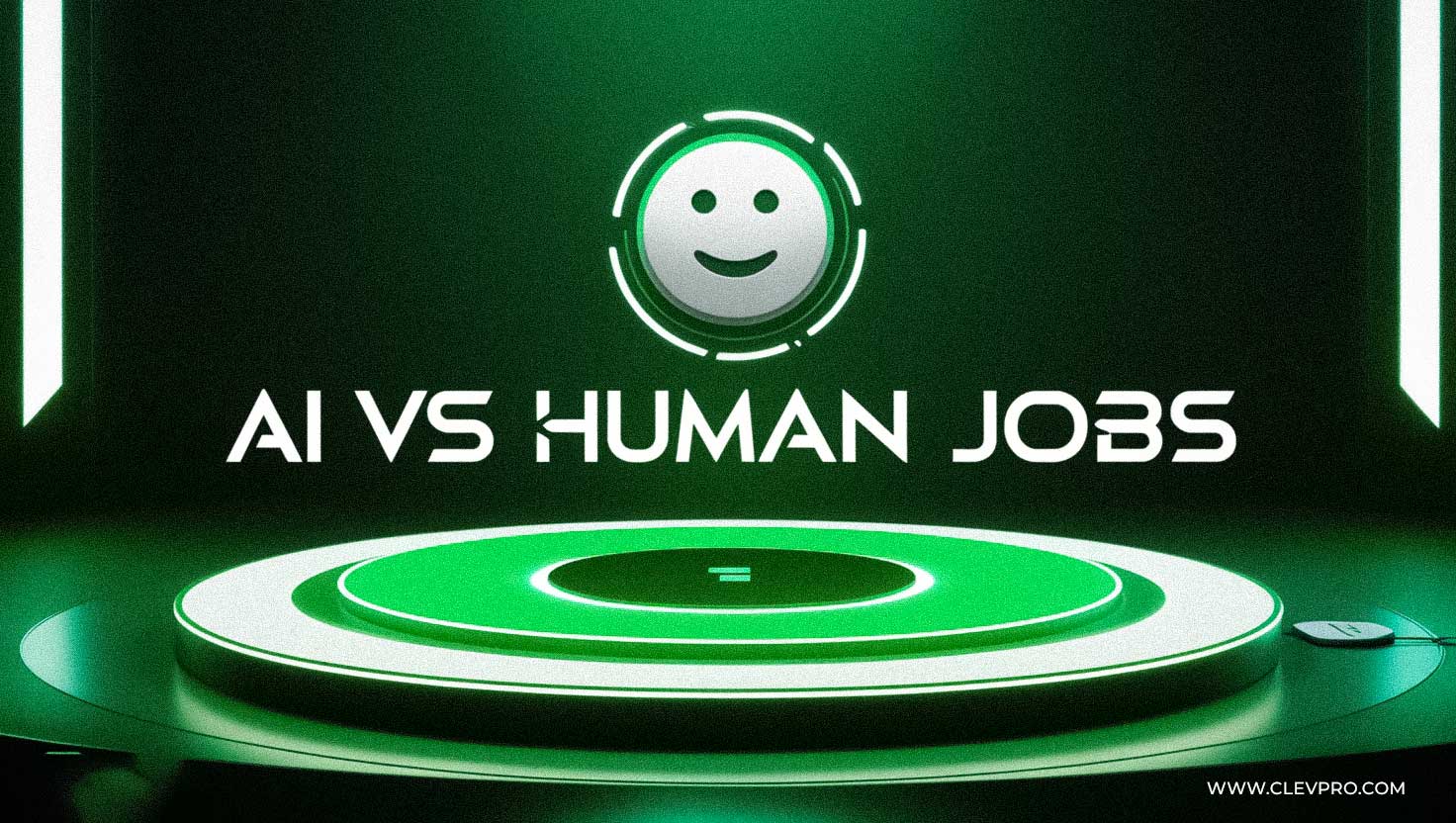
Introduction
AI technological development has recently grown very fast and thus created a lot of debate on employment outlook. Will artificial intelligence eliminate various human occupation? Or will AI and people work hand in hand? In this article, the author discusses effects of AI on various industries, its benefits along with the way people may adjust themselves to newly emerged circumstances.
AI and Automation
What is Artificial Intelligence?
AI can be defined to mean devices that have been modeled to solve problems in a similar manner to the human brain, to make decisions as well as learn from past events. In comparison to the human beings AI systems can process big amounts of data and execute the certain work in rather shorter time and without making any mistakes.
Types of AI in the Workplace
• Machine Learning (ML): AI systems that get a better result with the time.
• Natural Language Processing (NLP): Crytical in the development of modern chatbots and virtual assistants.
• Robotic Process Automation (RPA): Such as typing in large amounts of data into the computer system.
This paper aims at discovering how AI has affected various industries.
AI in Healthcare
In the field of health, AI prescribes diseases, and analyzes the images of the patients’ bodies and an expert can perform surgery through a robot. However, human doctors together with nurses have a feeling that familiarity with AI fails to give.
AI in Finance
In this pilot issue, AI plays an important function in the financial sector, ranging from algorithmic trading to fraud detection. However, the role of human financial advisors has not escaped the need to exist in financial planning arena.
AI in Manufacturing
Automotive robotics enhances productivity in industries where many tasks can be performed by machines instead of manpower. Cooper et al. explained that, while extent automation may lower a company’s costs and increase its speed, it also hinders efficiency because people are still required for problem-solving and to maintain quality.
AI in Customer Service
While chatbots are trained to respond to ambiguous customer questions, it is always important to engage with real people, solve complicated problems, and comfort the other part.
AI over Humans Review of some of the benefits of using Artificial Intelligence over human workforce.
• Speed and Efficiency: AI also analyses information and comes up with decisions quicker than a human being.
• Cost-Effectiveness: Firms reduce cost since certain actions are performed by the system.
• Accuracy: AI minimizes mistakes in activities such as the identification of diseases and the forecasting of revenue or costs.
The Advantages that comes With Hiring Human Workers
• Creativity: AI are often criticized for being unimaginative, and cannot create novel concepts.
• Emotional Intelligence: People grasp feelings and perception more than program languages and applications.
• Ethical Decision-Making: At AI all issues are solved logically, however moral questions are solved with reasoning.
Jobs That AI Cannot Replace
• Creative Professions: Authors, composers and artists need creativity.
• Emotional Intelligence Roles: Therapists, social workers, and teachers all use the humanity aspect.
• Leadership Positions: As far as I am concerned, self-employed people and managers should possess strategic thinking and decision taking ability.
How the Human Being can adapt to integration of Artificial Intelligence.
• Up skilling: New technical knowledge in relation to AI.
• Re skilling: Switching into occupations that stand minimal chances of being replaced by robots.
• Soft Skills Development: Better communication, leadership and conflict solving skills.
The Future of Work: As with other chapters, this one sought to make partners, not competitors out of the reader In line with this goal, this chapter was effective in presenting the various facets of knowledge management as a set of interrelated activities between individuals.
AI is not a threat to man kind in a sense that will replace man but will create ways of increasing productivity by reducing human burden by automating tasks. The future will be shaped by smart workplace solutions with hybrid human – AI work execution to make people more productive and free from routine work.
Conclusion
Technology led by artificial intelligence is rending industries and shaping up labor markets, but certainly will not be the doomsday for workers. The only path to sidedness is ongoing learning and knowledge updating. We should not be scared of AI as it is another instrument that helps us enhance human intelligent capital.
FAQs
- Will I do all jobs in the future by using Artificial Intelligence technology?
No, AI will replace routine work, but a human, imagination, understanding and the ability to think will remain invaluable.
- To what extent can employees be ready for this kind of transition specifically the effects of artificial intelligence in the workplace?
Lack of innovation, inability to keep high flexibility and increasing soft skill knowledge in the field of AI.
- Which professions are most suitable for the future marked by the growth of artificial intelligence?
The opportunities are still wide open for AI development, cybersecurity, healthcare, and creative industries.
- Will AI ever be able to experience the human feeling?
Still, while it’s quite easy and convenient to state that all AI can fake emotions in one way or another, it is important not to confuse the ability to perform fake emotions, with the possession of an understanding of emotion itself.
- Is AI creation a boon or bane to job seekers and employees?
AI era brings new opportunities in the process of production and consumes but alters the roles people used to perform. Adaptation is key.


